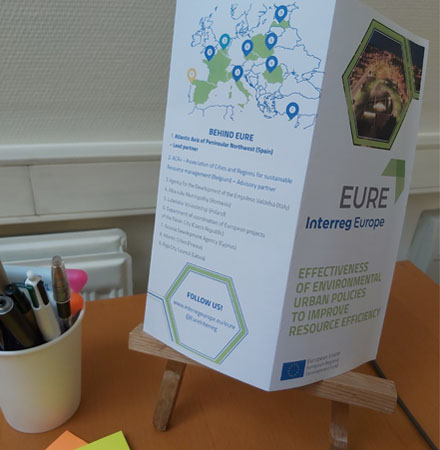Europe has been highlighting for years the crucial role of cities in the European project, pointing out that we live in a society of cities. Unfortunately, this statement has not been accompanied by the necessary development in policies, regulations and budget allocation.
European cities have not been acknowledged in European policies the role that they do have de facto in the construction of a united Europe and in keeping the quality of life that characterizes our continent.
Now we have an opportunity for change. Cities are crucial to implement most of the European policies but especially those linked to sustainability. Acknowledging that almost three quarters of European population live in an urban area, climate change challenge cannot be addressed without cities.
The renewal of the Leipzig Charter should be an opportunity to define a European urban policy that assigns the city the role it has already been performing de facto during the last years and that takes into account the different particularities and characteristics of cities and their rural areas of influence, with special attention to medium-sized and small cities, their polycentric networks and their functional areas. Challenges are defined, now is time for a real political will to implement measures and agree on a specific funding for them, as well as on an adequate coordination between the territorial cohesion policy and the urban policy.
In this context, Eixo Atlantico launches the publication “The New Leipzig Charter. A chance to rethink urban policy in the European Union. Contributions from the Eixo Atlantico del Noroeste Peninsular”. This document, which seeks to contribute to the debate about the renovation process of the Leipzig Charter, gathers articles written by high level experts in this area in the University and the National Administration spheres.
Thus, this publication is not a mere commemoration of the signing of the Leipzig Charter. On the contrary, recognizing its importance, the authors reflect on what the renewal of this Charter should entail: the starting point of a new model of collaboration between administrations, based on co-responsibility and the clear contribution of competences, respecting and promoting the role of cities.
Download the publication here.















